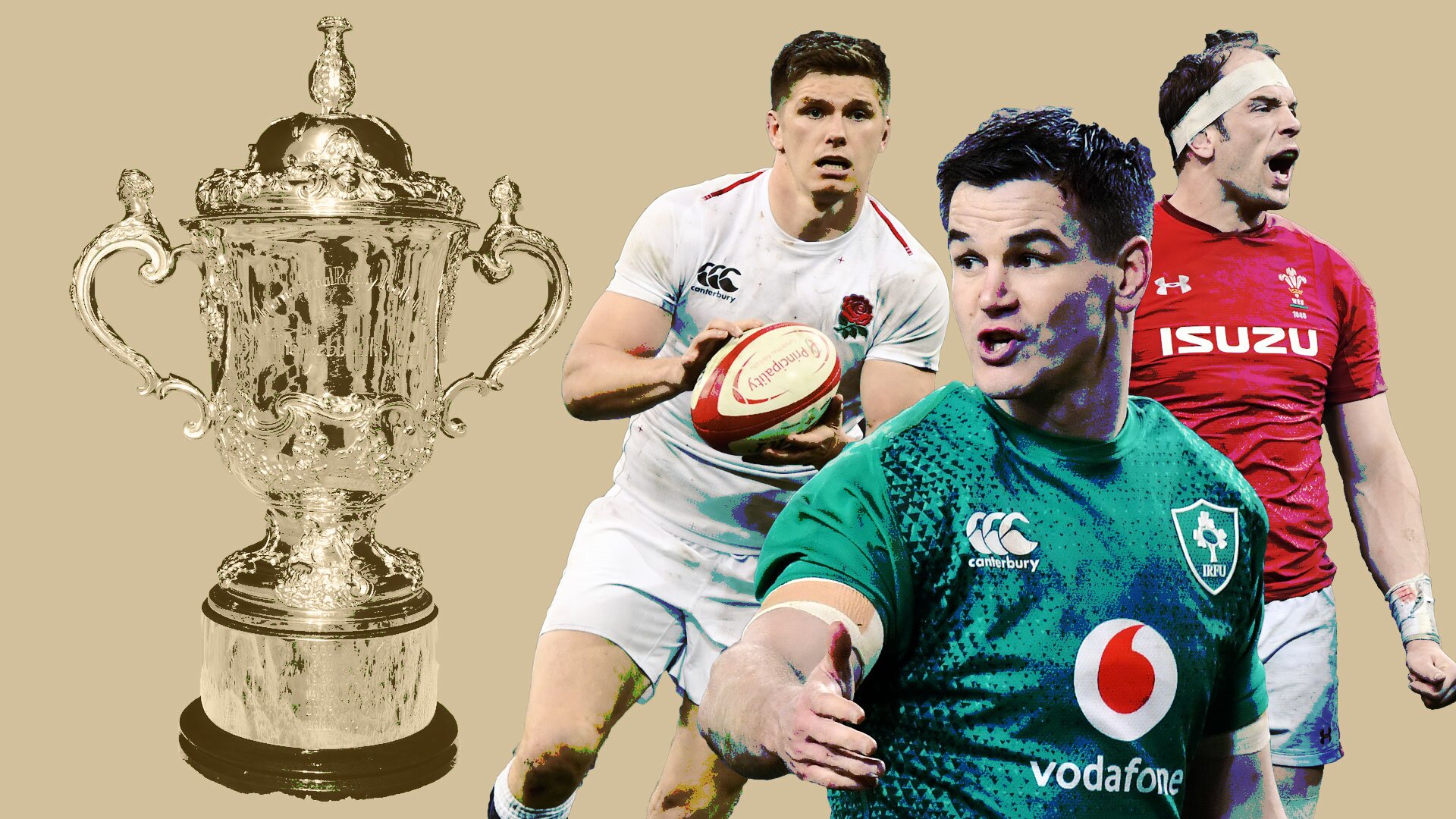Why it doesn't matter who wins the Six Nations

England had put 50 points on France. Ireland had captured a second consecutive title. Scotland hadn’t won a game and took home the Wooden Spoon. It was the 2015 Six Nations.
Roughly six months later, that same England team failed to get out of their pool as the host country in the World Cup, losing to Wales and Australia. Ireland were ambushed by a rampant Argentina in a quarterfinal and Scotland, the side who couldn’t beat Italy, pushed the world number two Australian side to the brink of elimination in theirs and should’ve progressed to the semifinals if not for a refereeing blunder.
In 2011, England took home the Six Nations title but were left out at the quarterfinal stage, going down to that years’ runners-up France. Fourth-placed Wales went all the way to a semi-final, falling short to France who were eventual finalists.
In 2007, third-placed England were the best performing Northern Hemisphere side at that year’s World Cup, making the final on their quest to claim back-to-back World Cups.
It seems that Six Nations form can be thrown out the window when it comes to predicting how the Northern Hemisphere teams will fare at the Rugby World Cup.
It can be a ‘rough guide’ at best, and you have to take into consideration form over the previous couple of years. From this, we already know three teams, England, Ireland, and now Wales, are genuine contenders.
Whilst Scotland is capable of beating anyone on their day, they are more ‘spoilers’ at this point. They can ruin someone’s tournament by winning a knockout game but are they able to string three wins in a row together against Tier 1 competition? They have not done that once in 42 games over this World Cup cycle.
France has to be in the same category as Scotland at this stage, although you can never write them off. In the past, they haven’t been able to capitalise on big upset wins over the All Blacks to actually win the World Cup, still playing a ‘spoiler’ role.
Wales will now draw much attention to themselves after toppling England and completing a 12th-straight win, their best-ever run, but their chances of winning the World Cup are no better or no worse whether they win the Grand Slam or not.
Every Northern Hemisphere nation has to navigate the remainder of the club season and sit through a full off-season break over the summer and find a way to reach their ‘peak’ shortly after coming back from holiday-mode.
Many of the teams may be in top physical shape after pre-season conditioning and recovery but will be short on match fitness and continuity. There will be a couple of warm-up games where no one wants injuries but it will be the only hit-outs they get to find form.
From there they will be ‘dropped cold’ into a six-week tournament while the Southern counterparts will arrive at the tail-end of their season, with casualty wards of already injured players but battle-hardened teams.
The All Blacks have, after years of tinkering and failed campaigns, learned how to approach a World Cup year and enter the tournament in mid-September every four years in the ideal position to win it.
The meticulous planning begins at the start of the four-year cycle with squad building over the first three, before whittling down to a core squad for the final year. Every team does this, but it is the final run-in where the All Blacks have figured out what works best for them, finding the right balance of resting players and tailoring training for peak performance in October.
Even in pool play in 2015, Hansen admitted using watered-down game plans to hold some cards close to his chest. There was talk of deliberate over-training during pool play, playing fatigued, in order to ‘take the resistance off’ and explode through the rest of the knockout play.
The focus was firmly on, and planned for, peaking when it mattered. There was criticism of the team as they weren’t ‘winning by enough’, like in 2007 when they pasted Italy, Portugal and Romania but then failed to reach the intensity required against a Tier 1 nation in the quarterfinals.
It turned out they had a plan after all and it worked out for the second time in 2015.
For the Northern Hemisphere teams, finding the ultimate ‘launch’ into the World Cup after a summer break may not have been figured out yet. The 2015 result showed that they might need to change their approach. Some teams will suffer from a lack of depth and just horrid luck, but others may not enter with their best form trying to restart everything from square one in the season.
While the Six Nations is an esteemed prize in its own right, it will have little bearing in Japan. How they manage their off-season and plan the last moments before the storm is far more important than who takes home Six Nations glory in a few weeks when it comes to winning the Rugby World Cup.





































































